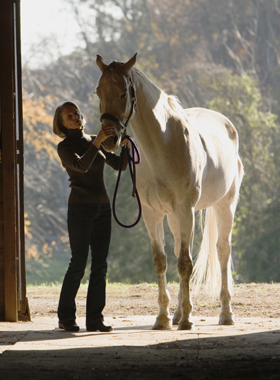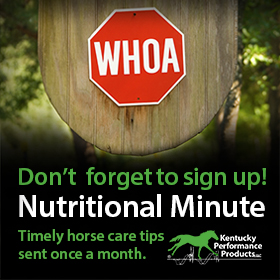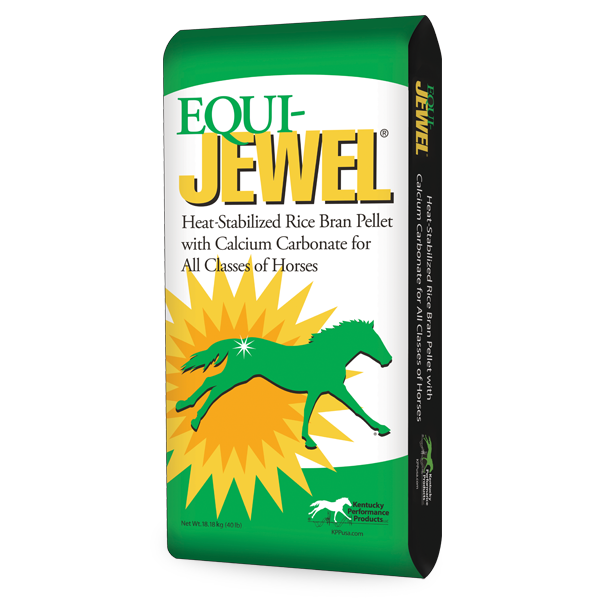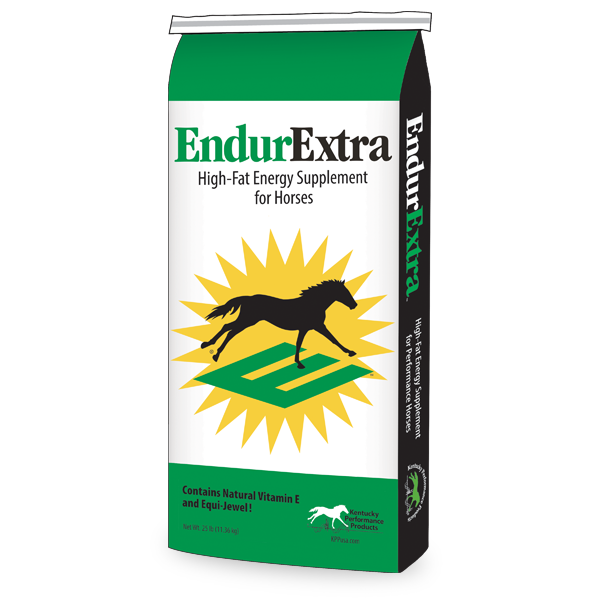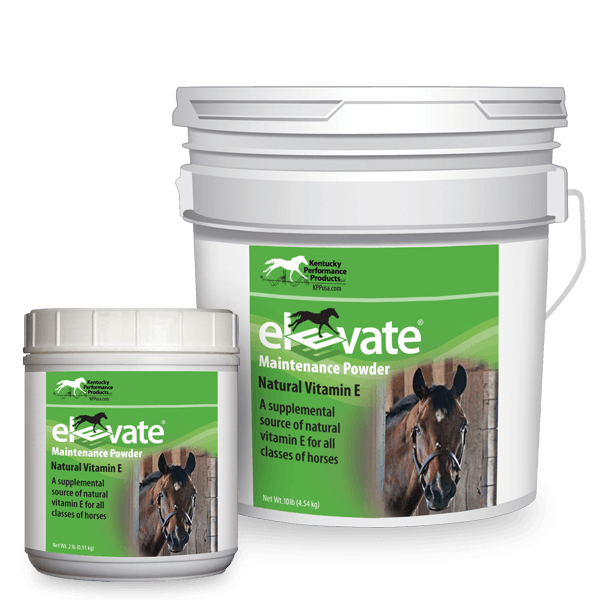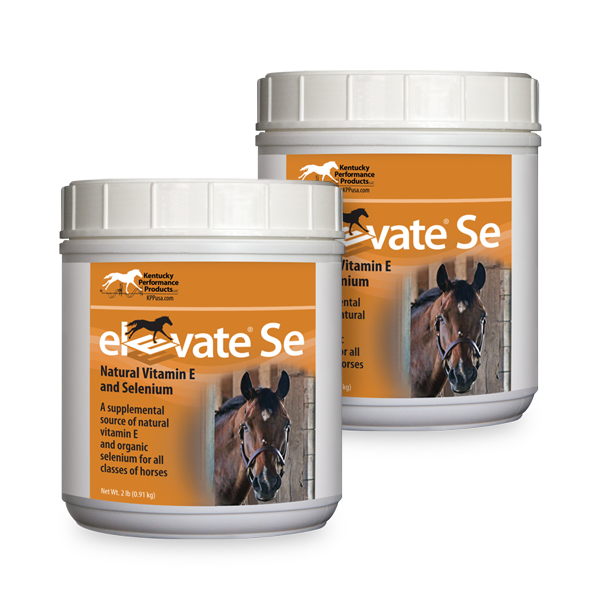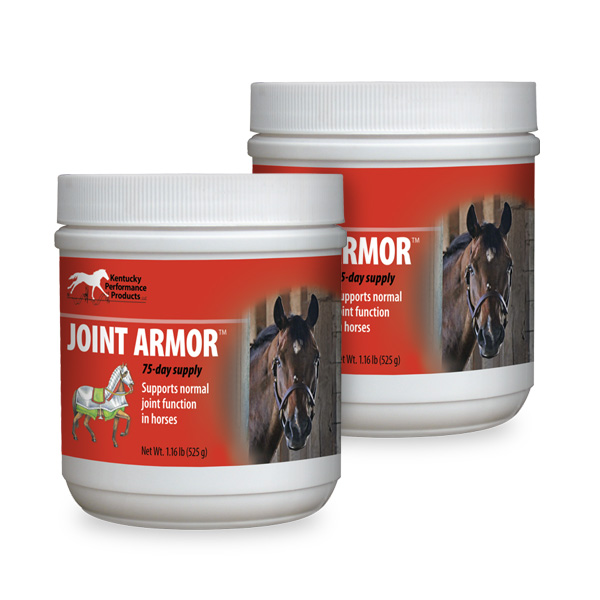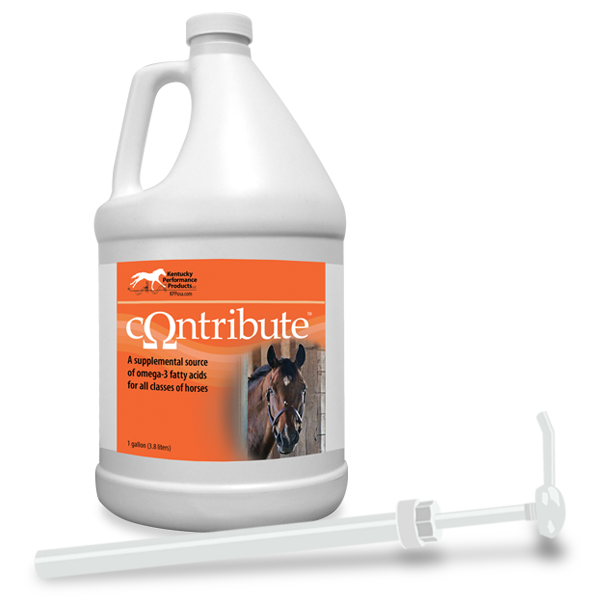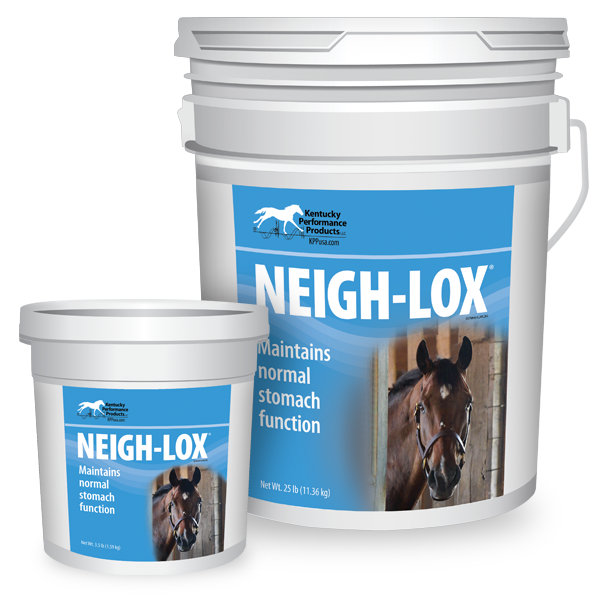Those golden oldies have lots of living to do
Seniors seem to fall into two categories: those that get fat easily and those that struggle to maintain their weight. Often an older horse will go through both stages as they age.
Some older horses experience a diminished ability to absorb nutrients and energy; therefore, they have trouble maintaining a healthy weight. There can be many reasons for this but often it is just a result of normal aging. These hard-keeping seniors require additional GI tract support, supplemental calories, and additional vitamin supplementation to remain healthy. Diets low in sugar and starch, good quality forages, and digestive aids help maintain a robust microbial population in the hindgut and promote reduced inflammation along the entire GI tract. A healthy digestive tract will help older horses maintain a resilient immune system and support efficient nutrient adsorption. It will also reduce the incidence of laminitis and colic related to hindgut imbalances.
As horses age, their metabolism slows. Many seniors are semi or totally retired, so their workload is greatly reduced and they need fewer calories to maintain a healthy weight. Older easy-keeping seniors usually can’t eat the recommended amount of fortified grains without gaining weight. If your senior is an easy keeper because he is working less and/or his metabolism has slowed down, he or she will often do well on an all-forage diet. Processed forages—like hay, forage cubes and pellets—do not contain all the vitamins and minerals your senior horse needs to remain healthy. It is imperative to supply those essential vitamins and minerals in a supplemental form that does not add calories to the diet. Easy keepers can benefit the same way hard keepers do from a healthy digestive tract. In fact, horses that tend to be on the “heavier” side are at greater risk for laminitis caused by hindgut imbalances. Keeping the GI tract in proper balance lowers the risk of both laminitis and colic, while ensuring that all the nutrients in the diet are effectively absorbed.
As horses age, normal wear and tear on their joints begins to take its toll. Supporting seniors with a diet containing ingredients that reduce inflammation and nourish joints will support long-term soundness.
Important Considerations
Fat
When trying to keep older horses in good condition, the energy-dense calories contained in fats are often your best choice. These high-calorie ingredients reduce the risk of grain overload because you can feed less while providing more energy. High- quality fats like rice bran are palatable and readily digested in the small intestine and, at moderate intake levels, fats have no ill effects on the sensitive hindgut. They are a great way to provide much-needed calories to older horses.
Natural vitamin E
Immune, muscular and neurological disorders can be a concern when managing senior horses. Vitamin E is a necessary nutrient in the body’s antioxidant cycle. While other antioxidants can be produced in the body, most natural vitamin E is provided in fresh green grass. As horses age, additional natural vitamin E can play a critical role in helping to maintain your horse’s health and well-being. Seniors that don’t have access to fresh green grass due to seasonality or a restricted diet (winter pastures and hay are poor sources of vitamin E) may also become deficient in natural vitamin E. Providing supplemental amounts of natural vitamin E will boost an aging immune system and sustain adequate antioxidant levels that support healthy muscle and nerve tissue.
Glucosamine, chondroitin, hyaluronic acid
Supplying these synovial joint nutrients in the form of a joint supplement may help maintain flexibility and range of motion. This can help our older companions feel better, thereby allowing them to perform and feel great well into their twilight years.
Omega-3 fatty acids
Research has demonstrated the benefits of the omega-3 fatty acids EPA and DHA to minimize overall inflammation in joints and vascular systems. EPA and DHA can assist in decreasing the inflammation resulting from arthritis, and can aid in opening airway passages for horses suffering from COPD and other respiratory maladies. Many vets also recommend supplementing with omega-3 fatty acids for animals experiencing skin allergies. Reducing systemic inflammation in older horse can support increased longevity.
When evaluating older horses, remember:
Many older horses simply carry their weight in their lower abdomen as gravity and age pull it from around their topline. So while it appears as though the horse has lost weight, in fact the location of the weight has simply shifted. Always take a horse’s age into consideration when evaluating their body condition and remember to evaluate the entire body. If you have an older horse that is facing a specific health issue, be sure to work with your veterinarian to develop a diet that meets your horse’s special needs.

